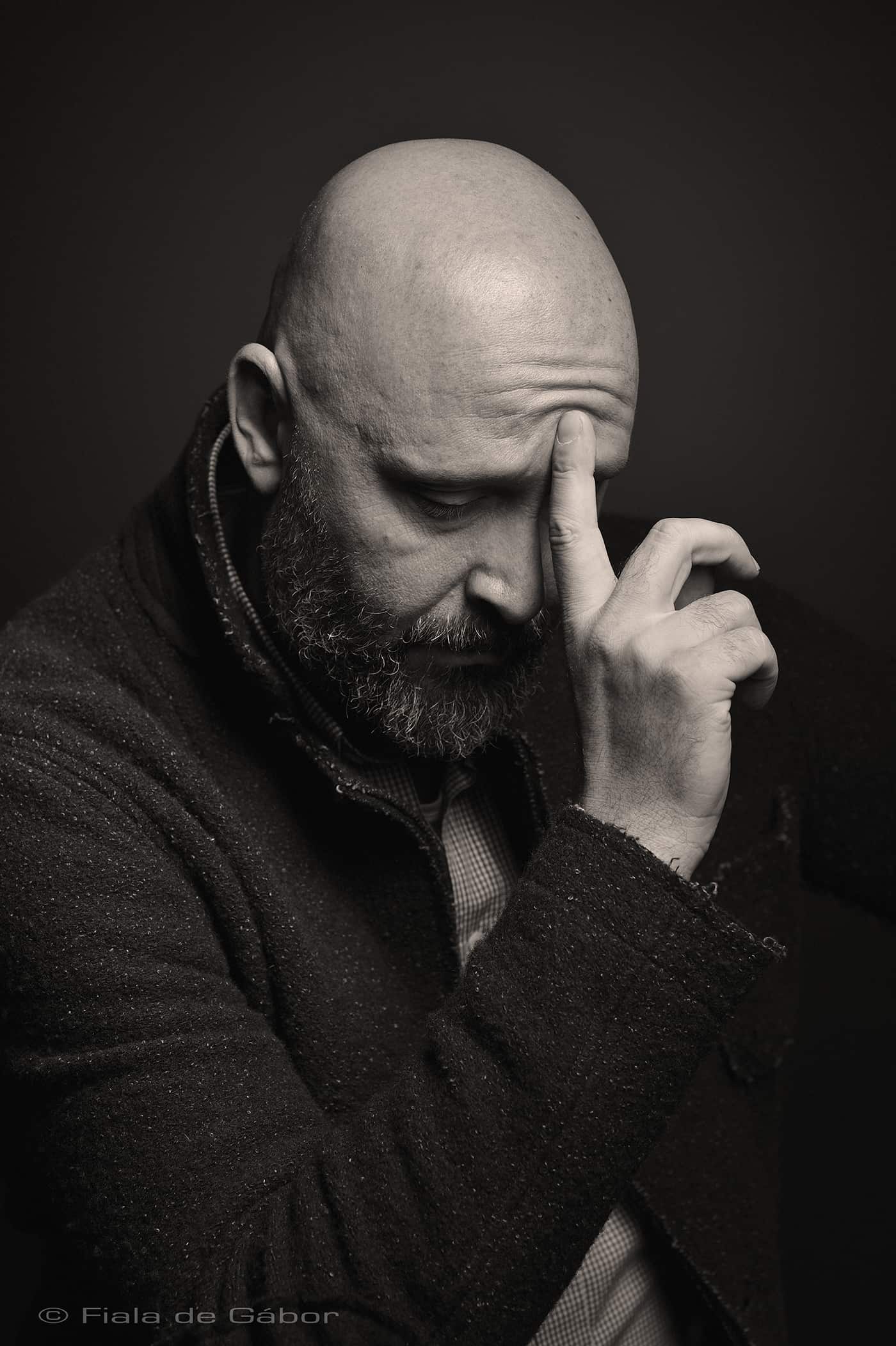It is not the first time for the company’s art director to choreograph to Arvo Part’s music as the composer is one of his favorites. Stabat Mater which met great success was presented 6 years ago. Credo’s premiere is on the 22nd of February, 2019 in the National Theatre of Szeged, afterward on the 28th of February it takes place in the National Dance Theatre.
Popular Estonian composer Arvo Pärt was renamed from evangelical to eastern-orthodox, fans and critics often resemble his contemplative music to orthodox icons. He was born in 1935 at Paide, Estonia and graduated at Tallinn’s conservatory. His early art was mostly influenced by Shostakovich and Prokofiev. In 1962 he marked the Soviet Composers Association’s art as „avant-garde bourgeois”. Most of the contemporary composers are keen on dazzling the ear and tickling up the brain but Arvo Pärt runs the play high. He wishes to understand something he calls soul. His effect extends beyond classical music scene. Pärt’s music often reminds the audience to Gregorian or early renaissance’s polyphonic melodies. His composer image is ascetic: he uses a little variety of tools – because of which he is called minimalist -, his musical world is extremely plain, sturdily leaning on the past and traditions making an archaic impression at times. Despite or even because of it – he is the world’s most popular contemporary classical music composer.
Szeged Contemporary Dance Company
CREDO
I believe in God
„How nice it would be to be good,
seeking the great God,
crouching by his legs
and recieveing his word.”
(hungarian poem by Magda Juhász)
To believe or not to believe is not up to us. We do not choose God, God chooses us.
Arvo Pärt’s art is inseparable from his faith. „ Religion rules each process in our lives even if we do not recognise it. Faith plays an important role in my music but I could hardy explain how it actually works.”
Credo was presented on the 16th of November, 1986 in Tallinn for the first time. This composition represents the most significant and dramatic collage piece of Pärt’s carreer. Ruled by disordance and clamour in terms of Schonberg expressionism. As it was likely to happen the event was thrilling and the audience claimed for another play but later on Credo got banned and the author was pronounced to be the most dangerous composer of the Soviet Union by the cultural politics. He left his country with his family in 1980 to move to Vienna and West-Berlin afterwards. Pärt primarily composes sacred music, won the European Sacred Music Prize in 2005 and a Grammy Award in 2014.
music: Arvo Pärt – Credo (for piano, mixed choir and orchestra)
J.S. Bach: Prelude No. 1. in C major BWV 846
lights: Ferenc Stadler
coreographer: Tamás Juronics
